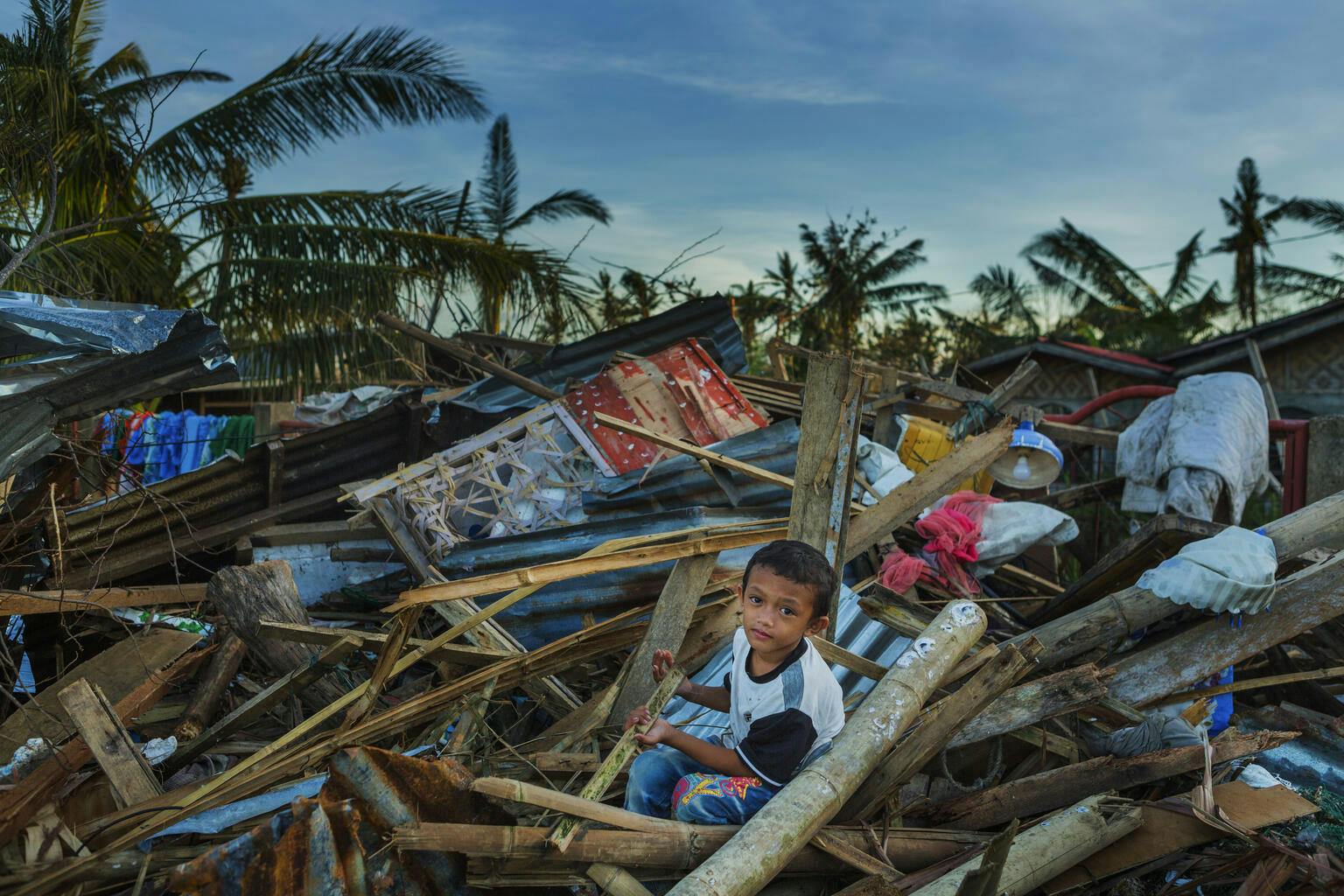
UN0787105
Sudan: spike in violence against women and girls
Home
Media Releases
Sudan: spike in violence against women and girls
Top UN Officials sound alarm at rising cases of gender-based violence.
NEW YORK/GENEVA, 5 July 2023 - Senior United Nations officials today voiced shock and condemnation at increasing reports of gender-based violence in Sudan – including conflict-related sexual violence against internally displaced and refugee women and girls – since fighting erupted in the country more than 11 weeks ago.
Catherine Russell, Executive Director of UNICEF stated, “What we’re seeing yet again is a rise in horrific sexual violence during times of crisis. It’s a pervasive, yet all too often concealed human rights violation, which can have devastating long-term physical and mental impacts on survivors. It’s critical to design prevention and response plans that put the needs of women, girls and all survivors at the heart.”
Calls for an immediate end
to gender-based violence
UN Officials call for an immediate end to gender-based violence, including sexual violence as a tactic of war to terrorize people; for prompt, thorough, impartial and independent investigations into all alleged gross violations and abuses of human rights and serious violations of international humanitarian law; and for perpetrators to be held accountable.
They stress that all parties must respect their obligations under international humanitarian law and human rights to protect civilians, including women and girls, including allowing safe passage for survivors to access health care and for health workers to reach health facilities. The heads of the UN Office for the Coordination of Humanitarian Affairs (OCHA), the UN Human Rights Office, the UN Refugee Agency (UNHCR), the UN Children’s Fund (UNICEF), the UN Population Fund (UNFPA), UN Women and the World Health Organization (WHO) also stressed the need to swiftly scale up gender-based violence prevention and response services in Sudan as well as in neighbouring countries, where those fleeing violence have sought safety as refugees, to meet the soaring needs.
Reports of
gender-based violence
Even before fighting broke out on 15 April, more than 3 million women and girls in Sudan were at risk of gender-based violence, including intimate-partner violence, according to UN estimates. This number has since climbed to an estimated 4.2 million people.
Since this conflict began, the UN Human Rights Office in Sudan has received credible reports of 21 incidents of conflict-related sexual violence against at least 57 women and girls. The victims include at least 10 girls. In one case, as many as 20 women were reportedly raped in the same attack.
The Unit for Combatting Violence against Women under Sudan’s Ministry of Social Development also continues to receive reports of conflict-related sexual violence. It has documented at least 42 alleged cases in the capital, Khartoum, and 46 in the Darfur region.
Need to ramp up assistance
for gender-based violence
Given the significant underreporting of gender-based violence, the real number of cases is undoubtedly far higher. Many survivors find it challenging to report sexual violence due to shame, stigma and fear of reprisal. Reporting violations and getting support is also made difficult, if not impossible, by the lack of electricity and connectivity, as well as the lack of humanitarian access due to the volatile security situation. Attacks on and occupation of health facilities also prevent survivors from seeking and accessing emergency health care.
Yet healthcare providers, social workers, counsellors and community-based protection networks inside Sudan have all warned of a marked increase in reports of gender-based violence as hostilities continue across the country. Women, including refugees living in Sudan prior to the conflict, have reported incidents of gender-based violence when fleeing Khartoum to other areas. Women fleeing across Sudan’s borders have told UNHCR and UN Human Rights teams in neighbouring countries of the horrific violence they faced.
The risk of sexual violence is especially high when women and girls are on the move seeking safer locations. There is an urgent need to ramp up assistance at reception sites for internally displaced people in Sudan’s conflict-affected areas, as well as in neighbouring countries.
Protection interventions
Despite the violence, UN agencies are working to reach survivors. UNFPA is providing gender-based violence case management and sexual and reproductive critical care, including clinical management of rape. The organisation also supports safe spaces for women and girls, distributing dignity kits, training service providers and expanding remote services where physical access has been disrupted. WHO is working with UNFPA and other health partners to ensure faster access to emergency health supplies.
As part of its broader protection interventions, UNHCR is providing services to survivors, including medical and psychosocial support, while UNICEF is working on the procurement of post-rape kits, risk mitigation, participation of women and girls as well as prevention and response interventions.
For survivors of sexual violence, timely access to health services is life-saving. In Sudan, women activists have underscored the need for more medications, medical supplies, dignity kits and Post-Exposure Prophylaxis kits to prevent HIV transmission for the clinical management of rape. These items must also reach local clinics, community-based organisations and key front-line responders when survivors cannot access health facilities.
How UNICEF donors can help
Helping women and girls at scale requires generous support from donors. The revised Humanitarian Response Plan for Sudan calls for US$63 million to fund prevention and response services for survivors of gender-based violence in Sudan, aiming to reach 1.3 million people. Funding requirements for protection programmes, including gender-based violence prevention and response for those who fled Sudan to neighbouring countries, stand at nearly $63 million in the complementary Regional Refugee Response Plan.
